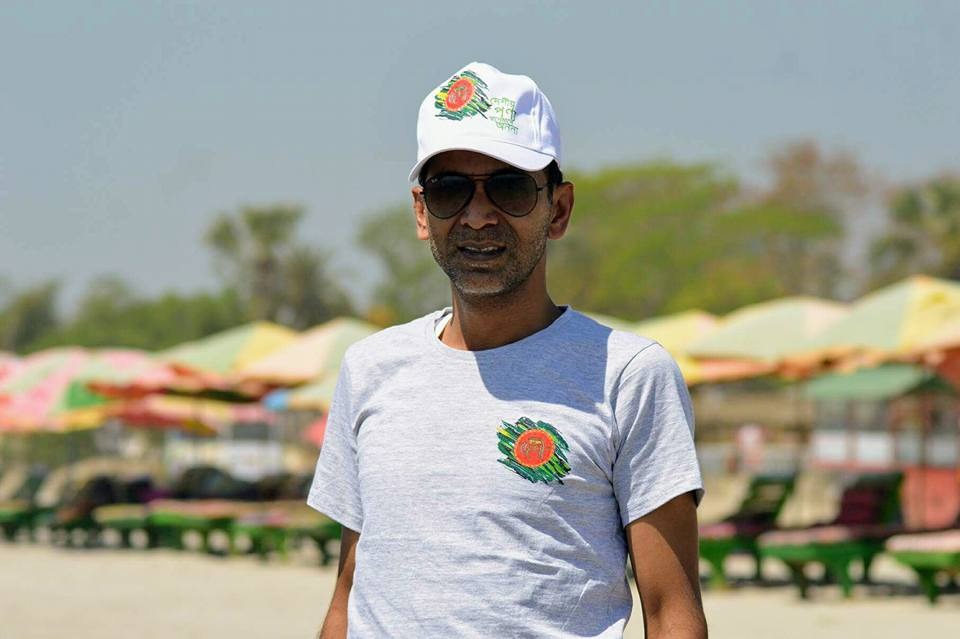The inspiration behind Prantojon Agro Enterprise came from my wish to work for the marginal people. It was 2004 when the Prantojon Trust was founded. Being a non-profit organization, we collaborated with different donors, organizations such as Oxfam, to support local farmers. However, we understood that we weren’t doing enough. It took us some time but eventually, we adopted a business plan to sustain the trust fund while creating a profitable enterprise.
In 2014, Prantojon Agro Enterprise started promoting fresh agro-products for mass consumption through an efficient marketing system. The initial investment came from the people behind the Prantojon Trust. In the beginning, we had some difficulties communicating with the farmers. But it soon worked out well as we could connect with them with our plan. Although full-fledged financial help is available for the farmers, we focus on technical and marketing support for their agro-products.
Currently, our enterprise works with almost 5000 contact farmers for fresh agro-products such as mung beans, dal, cucumber, bitter gourd, eggplant, sweet-gourd, etc. The farmers sell new and safe products to use at the market standard prices. Our enterprise then handles the rest of the marketing process. We have created a local brand named Deshi, and under this title, we package these products to sell in different stores & households. We already have a working contract with Daraz for home delivery and almost finalized our trading registration with FoodPanda.
Other than crops and vegetables, we also work with 500 contact farm owners to sell raw milk. We have a filling plant for this purpose. Upon receiving the raw milk straight from the owners around 8-9 a.m, we cool it in the filling plant and packet it for sending out to local super shops, stores, households under the Deshi brand name. We always make sure to help the local producers to get the best price while maintaining the quality of the products.
As the production of agricultural goods depends on various factors like weather, soil condition, etc., we don’t have stable data for sales revenue. But for rough estimation, the sales revenue for dal in good condition falls between BDT 25-30 lakh for a month. This year, we have a target net profit margin of 12% and a growth profit margin of 19%. However, last year was not so fruitful for us.
The pandemic situation completely took us by surprise. In our several years of work experience, we never encountered such difficulties before. It was something we never could predict nor judge. We had to shut down our operation for a while. Our production for dal suffered and the demand declined drastically. Because the need for dal depends heavily on public events, functions, programs, etc., and all of these were not possible during the Covid-19 outbreak. Raw milk demand also decreased because households did not open their doors to buy raw milk. The virus was spreading throughout the country, and we were getting affected by its repercussions.
But it could out stop us and our operation. We went online and updated our business plans. Apart from selling our products on Daraz, we also work with different local online services such as Feriwala and others. Now, we have a strategic plan to understand the market. The pandemic allowed us to focus more on digital services.
LightCastle Partners hosted an investment program with Oxfam, where we partnered with them. The project helped many entrepreneurs like me. I got to learn some technical skills from that project. Now, we want to pass our knowledge and technical aspects to the rural farmers. For the future, we are planning to expand our business by covering more districts outside Barishal. After surviving through such difficulties, we are looking forward to changing the lives of marginal people and supporting them in their journey.

